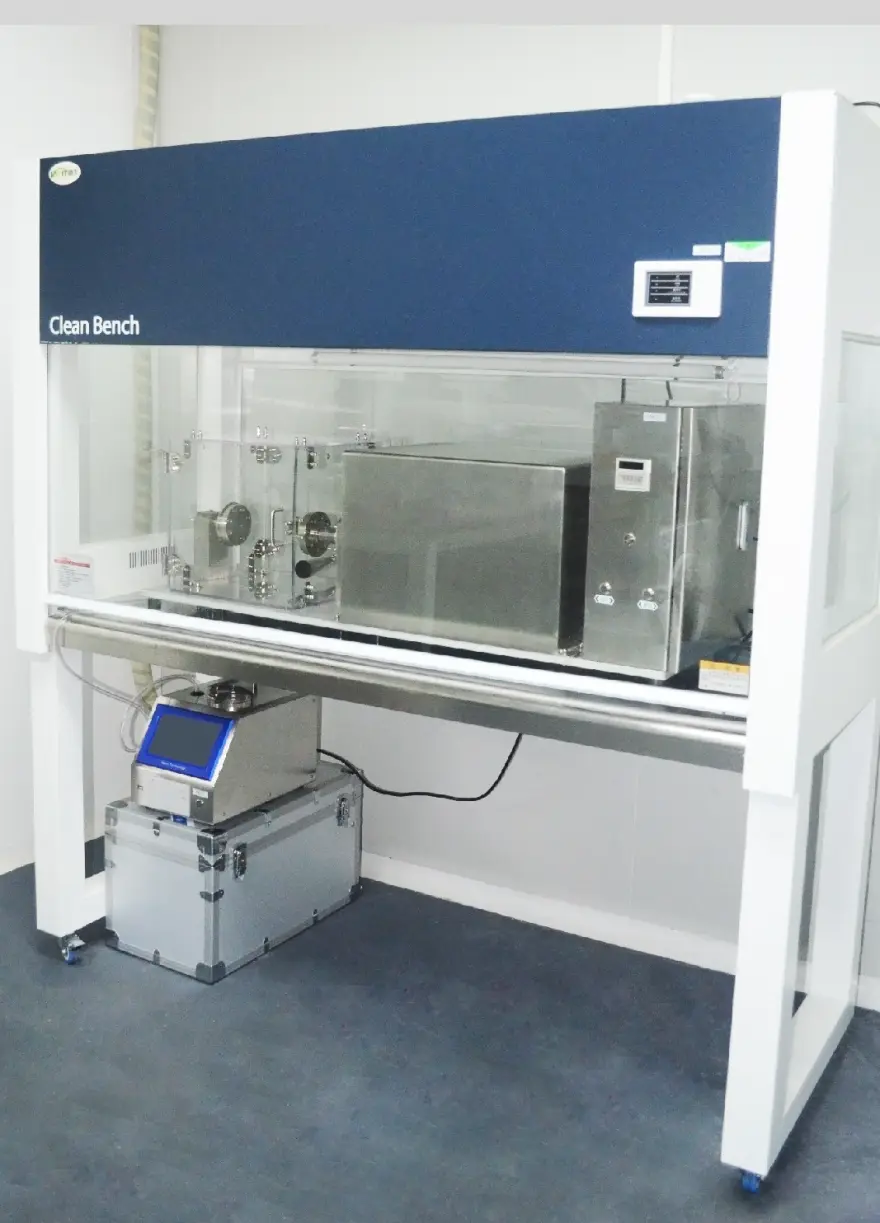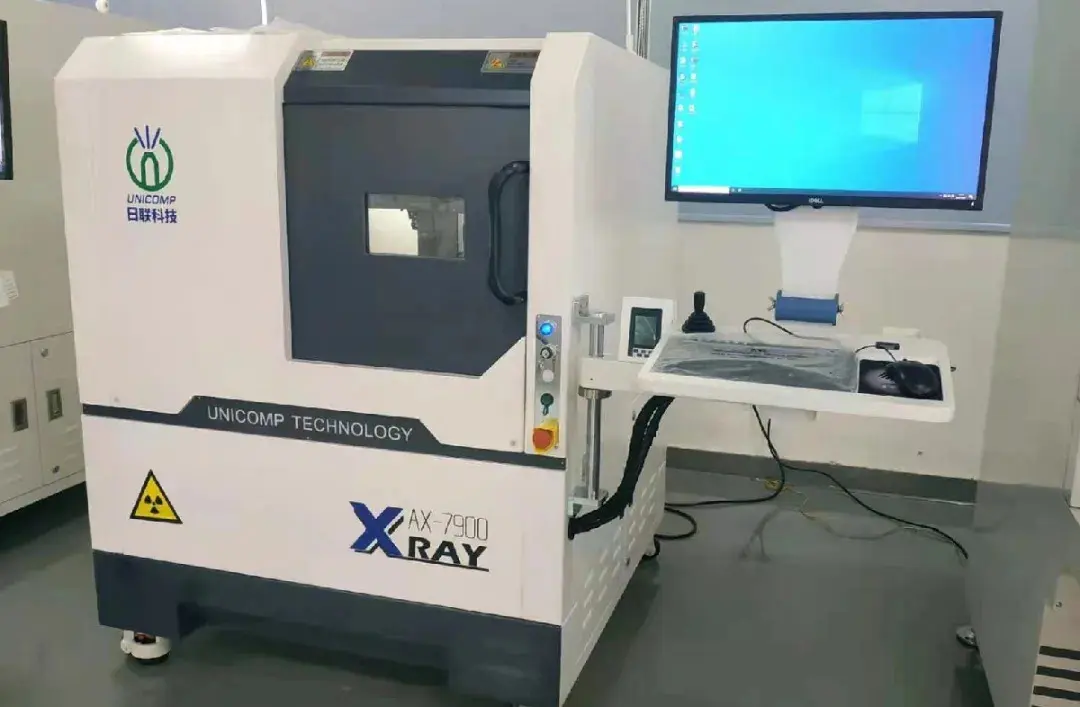
What Certifications Are Required for Products on Amazon?
In the daily operation of selling on Amazon, sellers often encounter issues related to product certifications or required documents. Some products must have specific certifications to be sold, and failing to comply can result in forced removal from the platform. So, which products need certifications, and what certifications are required? The following explanation by China's JJR Laboratory provides an overview.

Amazon operates across 14 marketplaces, which can be categorized into three regions: North America, Europe, and Japan. The required certifications for these regions are as follows:
- North America: FCC Certification, FDA Certification, UL certification Testing Report.
- Europe: CE certification, ROHS certification, gs certification, CPC Certification.
- Japan: PSE Certificate, METI Filing.
Detailed Explanations of Required Certifications
1. FCC Certification
The Federal Communications Commission (FCC) requires certifications for electronic products sold in the U.S. This includes computers, computer accessories, home appliances, audio/video products, power tools, toys, wireless products (Bluetooth devices, remote-controlled toys, wireless switches, etc.), lighting, and security products.
. FDA Certification
The FDA certification is a U.S.-specific requirement for categories like pharmaceuticals, food, cosmetics, and medical supplies. Not all products require FDA certification, but for those that do, sellers must complete the process before selling on Amazon. For example:
- Food items, cosmetics, and medical devices are common categories requiring FDA approval.
- Certain foods, like low-acid canned foods and acidified foods, may also require an FFRN number and PIN, along with additional registrations.
3. UL Certification Testing Report
UL reports are issued after products pass testing based on relevant UL standards. UL certification is cost-effective, time-efficient, and does not require factory inspections. It is essential for uploading electronic products on Amazon and ensures compliance for selling on the platform.
4. CE Certification
The "CE" mark is mandatory for products entering the European Union (EU) market. It represents conformity to EU standards and is required for:
- Communication devices, home appliances, IT products, electronic devices, personal protective equipment, medical devices, toys, etc.
5. RoHS Certification
The Restriction of Hazardous Substances (RoHS) certification is mandatory in the EU for electronic and electrical products such as appliances, lighting, toys, and communication devices.
- Tested substances include:
- Pb (Lead), Cd (Cadmium), Hg (Mercury), Cr(VI) (Hexavalent Chromium), PBBs (Polybrominated Biphenyls), PBDEs (Polybrominated Diphenyl Ethers), DEHP, BBP, DBP, and DIBP.
6. GS Certification
The GS mark, based on Germany’s Product Safety Law, is a safety certification for products like home appliances, sports equipment, and office devices in the European market.
7. CPC Certification
The Children’s Product Certificate (CPC) is required for products targeting children under 12 years old, such as toys, cribs, and children’s clothing. CPC certification includes:
1. ASTM F963: Covers tests for physical/mechanical properties, flammability, and eight toxic heavy metals (e.g., Lead, Arsenic, Cadmium).
2. CPSIA (HR4040): Specifies limits on lead content and phthalates.
Note: Products like small balls or marbles must have clear choking hazard warnings for children under three years old.
8. PSE Certificate
pse certification is a mandatory safety certification for electrical products in Japan. There are two categories:
- Specified Electrical Products: Require a diamond-shaped PSE mark.
- Non-Specified Electrical Products: Require a circular PSE mark.
9. METI Filing
This refers to mandatory registration with Japan’s Ministry of Economy, Trade, and Industry (METI) for certain products. Sellers must follow the prescribed procedures to comply with Japan’s market entry regulations.
By understanding and complying with these certifications, Amazon sellers can ensure their products meet regional requirements and avoid potential issues with listings.
Email:hello@jjrlab.com
Write your message here and send it to us
 Packaging Validation ISO 11607 Test Report
Packaging Validation ISO 11607 Test Report
 What is the ISO 11607-1 Packaging Validation Test?
What is the ISO 11607-1 Packaging Validation Test?
 How to get an ISO 11737-1 Test Report?
How to get an ISO 11737-1 Test Report?
 Orthopedic Implant Cleanliness Testing
Orthopedic Implant Cleanliness Testing
 What is ISO 10993-23:2021 Irritation Testing?
What is ISO 10993-23:2021 Irritation Testing?
 ISO 10993-23 Irritation Testing Laboratory
ISO 10993-23 Irritation Testing Laboratory
 EMI Emissions Testing
EMI Emissions Testing
 EMC Standards for Medical Devices
EMC Standards for Medical Devices
Leave us a message
24-hour online customer service at any time to respond, so that you worry!




